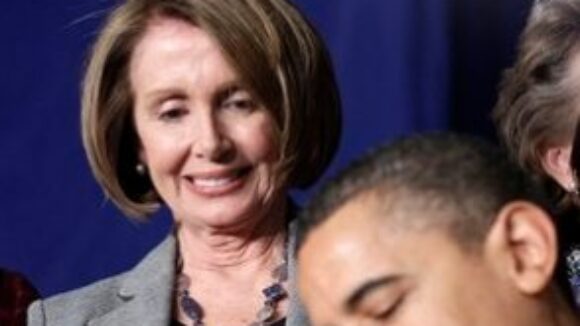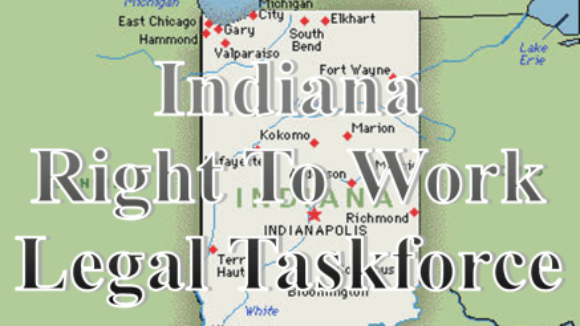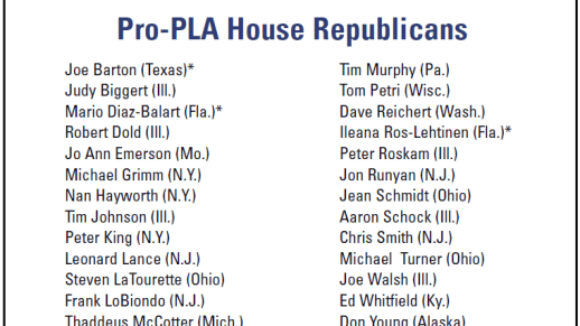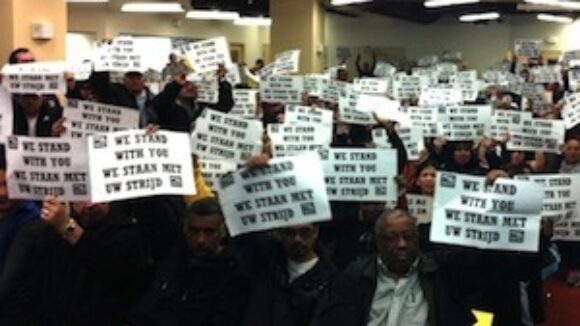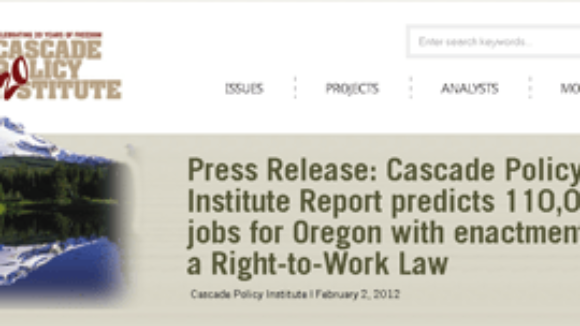It's a Civil Right to Join or Not Join a Union without coercion
The latest poll driven rhetoric from the union bosses is the claim that union compulsion should be a civil right under color of law. Anthony Davies, a professor at Duquesne University looks behind the rhetoric noting that the problem with Big Labor's proposed law because it makes compulsory unionism a 'right' for Big Labor while taking away from employees' freedom to not join or be compelled to pay tribute to a union boss. A recent op-ed in The New York Times called for new labor laws that will ensure that workers have the right to organize labor unions. These laws already exist, so what are unions griping about? It’s not that workers are being prevented from unionizing. The problem, as unions see it, is that it is too difficult to force workers to unionize. Free workers have weighed the costs and benefits of today’s unions and most have freely chosen to do without them. It is this free will that unions — and their advocates on the country’s op-ed pages — seek to quash. Union membership in the private sector has fallen to 7% not because unions have failed, but because they have done so well that — at least for the present — they are no longer needed. The exploitation of employees by their employers is a thing of the past; in fact, nowadays it seems like we’re more likely to hear about union bosses exploiting union members than about employers exploiting employees. Today, no matter how much labor leaders and their advocates pretend otherwise, labor reform means reforming unions.
